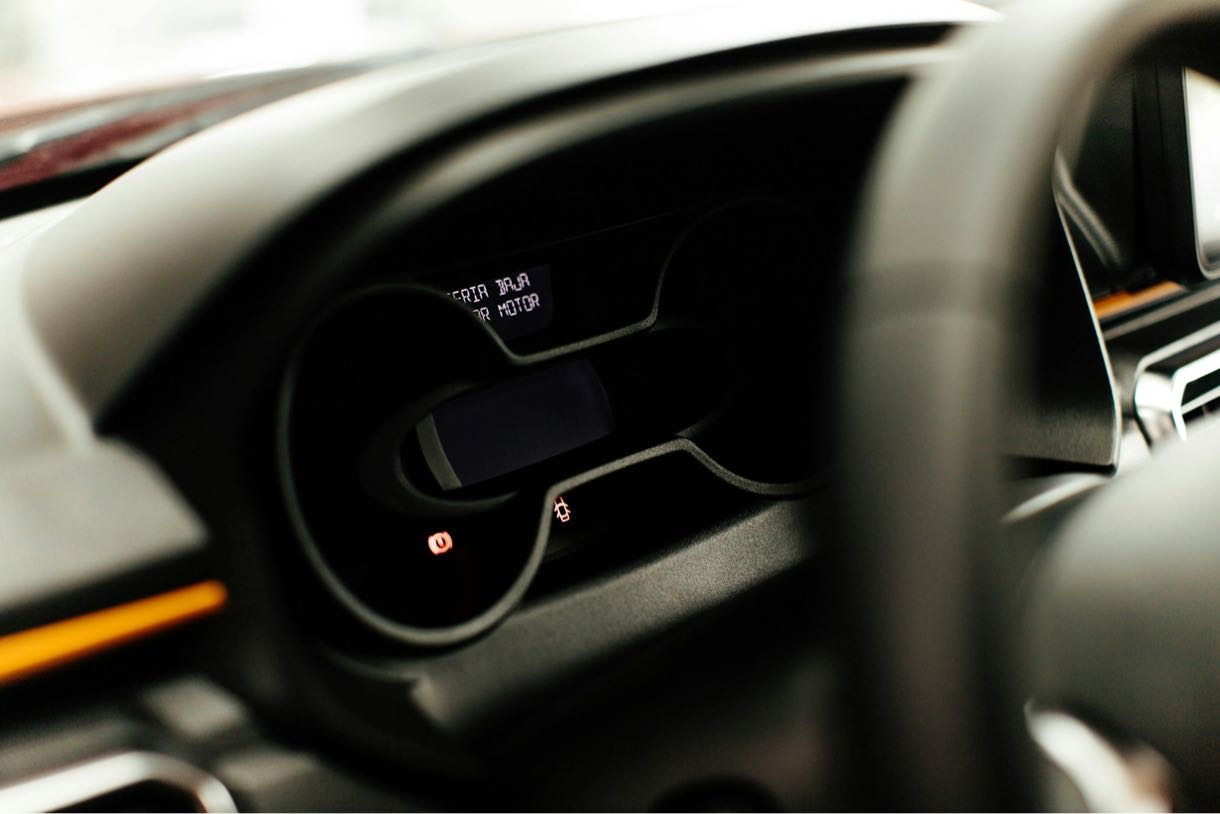With its most recent legislative proposal to include speed alerts into new vehicles, the state of California is well positioned to establish a new standard for the safety of automobiles. This action has the potential to transform the landscape of automobile sales in the United States, reflecting the state’s historical impact on automotive policies at the national and international levels.
When drivers exceed the speed limit by ten miles per hour or more, the law, which is being championed by State Senator Scott Wiener, intends to provide both an audio and visual warning system in their vehicles. The fact that it was ultimately successful in passing its first vote in the California Senate on May 21 despite encountering opposition is indicative of the possibly difficult route that lies ahead. This act strengthens the safety measures that are already in place, such as reminders to wear seatbelts, and bolsters California’s commitment to lowering the number of people who die on the roads.

Using global positioning system (GPS) and a database of speed limitations, the intelligent speed assistance (ISA) device that has been developed can alert drivers when they are exceeding the speed limit. This method is intended to be inconspicuous, as it only sends a single, quick warning to the motorist and does not need the state to provide continuing updates on changes to the speed limit.
The act has the potential to have wider repercussions, including the possibility to standardize speed alert systems in automobiles across the country. This is because California holds a substantial market share in the United States automobile industry. This section will investigate the ways in which California’s automobile rules frequently establish patterns that extend beyond the state boundaries, so affecting industry norms more generally.

It is possible that automobile manufacturers will choose to produce comparable versions of their vehicles in order to conform to the requirements of the state of California. This technique would not only make production easier, but it would also assure conformity among states that could implement legislation that are comparable to those already in place.
It is not without its difficulties that such a technological advancement is being introduced. Concerns regarding the system’s dependability, particularly on local roads or in areas where speed limits have recently been altered, might provide substantial operational issues for both the producers and the users of the system.

This section explores how the United States and the European Union handle speed-related car safety differently. The European Union is leading the way in using technology to improve road safety; as a result, new vehicles must include Intelligent Speed Assistance (ISA). This system, which warns drivers when they go above speed restrictions, is required but includes an optional function that lets drivers turn it off. This is in contrast to the existing lack of such flexibility in the proposed U.S. law. This comparison highlights differing legislative ideologies and has larger consequences for driver autonomy and vehicle safety.
A comparative perspective can be used to assess the efficacy of various systems. The European model, which has been in place for a while, provides important insights into the possible effects of legislation along similar lines in the United States. Research from Europe indicates that in nations where ISA is required, there is a discernible decrease in speeding occurrences and related accidents. But allowing drivers to disable the system raises the question of how to strike a balance between increased safety and individual liberties; this is a topic that will probably come up in the United States as the law advances.
Legislative Flexibility: The European Union’s policy of granting drivers the choice to turn off the ISA system is an example of legislative flexibility that takes into account personal preferences and exigencies of certain situations. This adaptability may have an impact on drivers’ adoption of the technology as a whole.
Impact on Safety: According to preliminary statistics from Europe, mandated ISA systems—even those that offer a disablement option—may help reduce the number of accidents caused by speeding. This suggests that road safety may benefit greatly from even a little amount of compliance.

The introduction of Intelligent Speed Assistance (ISA) technology by the EU has raised the bar for car safety regulations. In an effort to improve road safety by reducing occurrences of speeding, manufacturers and drivers around Europe have been adjusting to this initiative. Despite being required, this system is flexible enough to accommodate drivers who would rather have more control over their driving experience by letting them turn off the warnings if they so desire.
Manufacturers’ Reactions: Since the ISA mandate is in line with larger safety initiatives throughout the continent, car manufacturers in the EU have largely reacted favorably to it. This adaptation entails putting advanced technology into newly designed cars, which has sparked advancements in GPS and speed monitoring systems.
Driver Acceptance: As the advantages of fewer speeding incidents become evident, drivers’ initial skepticism has progressively turned to acceptance. This acceptance has been made possible in large part by the option to disengage the ISA system, which allays worries about individual driving preferences and autonomy.
The ISA system’s flexibility is essential for preserving a balance between individual freedom and legal compliance. This strategy promotes a favorable attitude toward safety advancements in the European car industry in addition to encouraging compliance.

The incorporation of speed alert systems into new cars in Europe offers important insights into the advantages and difficulties of implementing such technologies in the United States. We may gain a better understanding of the effectiveness of these systems in lowering speeding occurrences and related accidents by looking at the influence on traffic safety data spanning numerous European nations.
Reduction in Speeding Violations: According to European research, drivers who have activated their speed alert systems experience a notable drop in the incidence of speeding violations. This shows that regular reminders can have a significant impact on how drivers behave, which might result in safer roadways.
Impact on Traffic deaths: Research from Europe indicates that a decrease in traffic deaths is associated with the installation of speed alert systems. This highlights the vital role that preventative safety measures may play in saving lives and the potential advantages for the United States should such technology be broadly adopted.
These lessons highlight how sophisticated speed assistance devices are revolutionizing traffic safety. The favorable results seen in Europe may serve as a model for U.S. lawmakers as they create laws that use technology to improve road safety across the country.
There is a possibility that the speed warning law that is being proposed in California might act as a catalyst for a change in the national requirements for car safety. The purpose of this legislation is to dramatically cut down on the number of accidents that are caused by speeding by mandating that vehicles automatically notify drivers when they go above the speed limit.

When it comes to all of your car shipping requirements across the United States, Ship A Car, Inc. is the best option because of its distinguished reputation for providing great service and dependability. They have an A+ rating with the Better Business Bureau and have received overwhelmingly positive feedback in the form of five-star reviews.
Q: What is intelligent speed assistance (ISA)?
A: With the use of GPS and a speed restriction database, intelligent speed assistance technology warns drivers when they go above the posted limit by a predetermined amount, usually 10 mph. By urging drivers to keep their speeds within the law, it seeks to improve road safety.
Q: How might California’s new law affect car prices?
A: In order to comply with California’s regulation, manufacturers may choose to standardize the speed alert system across all models. This might result in higher production costs, which could then be passed on to customers nationally.
Q: Can drivers disable the speed alert system?
A: There are presently no provisions in the proposed California legislation for manually disabling the speed alert system, unlike in the European Union where drivers can do so.




